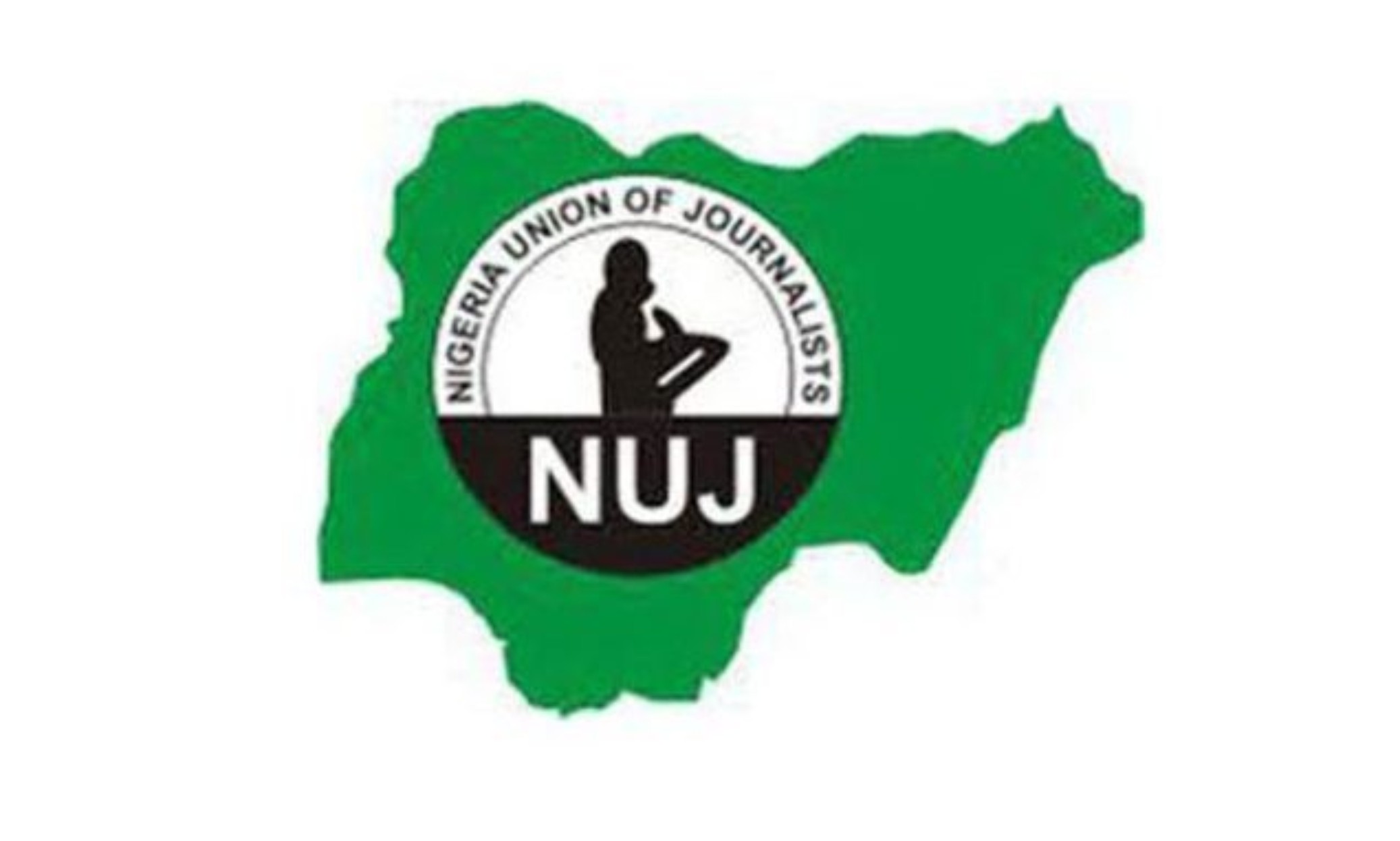Editorial
Of Impunity And Journalists’ Welfare

Today is observed across the globe as the International Day to End Impunity Against Journalists.
The United Nations General Assembly on November 2, 2013, passed a resolution at its 68th session, urging member states to effect definite measures to circumvent the growing culture of crimes and impunity against journalists. Specifically, the date was chosen to commemorate the assassination of two French journalists in Mali in November, 2013.
Besides denouncing all blitzkriegs and violence against journalists and media workers, the resolution, urges member states to ensure accountability, bring to justice perpetrators of crimes against journalists and guarantee victims’ access to applicable remedies. It further charges governments to promote a safe and enabling environment for journalists to work independently without intrusion.
The focal point of this year’s commemoration is “Strengthening Investigations and Prosecutions to End Impunity for Crimes Against Journalists”. It includes the presentation of guidelines for prosecutors on investigating and prosecuting crimes and attacks against journalists, which was formulated on November 2, 2019.
Howbeit, the Global Impunity Index report published by the Committee to Protect Journalists, (CPJ), acknowledges the several cases of murders of journalists in countries where ‘democracy’ is undertaken. Sadly, while those accredited by law to carry out their duties are killed indiscriminately around the world, their perpetrators are never brought to justice.
The report equally indicated that during the 10 years index period from September, 2009 to August 31, 2019, about 318 journalists were murdered globally just for doing their jobs and in 86 per cent of those cases, no culprits were apprehended and successfully prosecuted.
Latest figures from the United Nations (UN) declare that more than 1,000 journalists have been murdered in premeditated malice across the globe in the last one and a half decades. The current and most gruesome of the killings was the elimination of the Saudi Arabian journalist, Jamal Khashoggi.
The slain journalist, said to be very critical of the Saudi regime, was allegedly constricted at the Consulate of Saudi Arabia in Turkey in 2018 and his corpse dismembered by his assailants believed to be agents of the state. Khashoggi’s murder came on the heels of the killing of Sohail Khan in Pakistan and Mario Gomez in Mexico, among others.
Nigeria has had its gloomy foreboding moments of brutality and impunity against media workers contrary to Section 22 of the 1999 Constitution of the Federal Republic of Nigeria which impels journalists to hold government at all levels answerable and obligated to the people. “The press, radio, television and other agencies of the mass media shall at all times be free to uphold the fundamental objectives contained in this Chapter and uphold the responsibility and accountability of the Government to the people”.
That section is consistently infracted by the affluent, the political class and even media owners. Journalists are continually slain or detained in this country while trying to hold leaders accountable or discharge their duties as vanguards and watchmen of the society. These carefully advised acts of negligence by the government and security agencies are largely responsible for the lacklustre performance of the press.
Besides the high profile murder of defunct Newswatch’s Dele Giwa in October, 1986 with a letter bomb, there have been many other gruesome homicides of journalists in recent years. Unfortunately, Nigeria continues to rank high among countries where press freedom is threatened. According to The International Press Centre (IPC), in Lagos, not less than 14 incidents of assault, threat, battery, arrest, kidnap, killing and invasion involving journalists and media institutions are reported annually.
A common trend in all these killings is that the offenders have not been found. This is unacceptable. We request the Nigerian government to accord the highest priority to the safety of journalists and other media actors. We oppose vehemently any action, legislation, regulation or political pressure that limits freedom of the press. Acts of intimidation and violence against journalists in Nigeria have to end for democracy to survive.
Perhaps, the worst crimes against journalists in Nigeria are those perpetrated by media owners who poorly equip and remunerate members of the press in their employ. This deplorable situation exposes many of them to “brown envelop” temptations. Very few of them, if any, are covered by life assurance in the event of death or injuries while on duty tour. Even so, we implore the media workers to shun unethical conduct and always uphold the principles of fairness, objectivity, truthfulness and patriotism to be accorded deserved esteem.
The Tide vehemently condemns attacks against media institutions and journalists. Such blitzes are violent assaults against democratic rights including the right of the public to know how they are governed. Thus, we demand that the police authorities make public those behind the death of journalists in the country and effect their prosecution immediately.
Journalism is a noble profession that bequeaths positive change to society. Hence, the time to get it professionalised in the country is now. Along with more understanding of the proven hazardous and specialised nature of the job, journalists deserve a special salary structure to be more effective and improve resilience.
It is pertinent to note that the Nigeria Union of Journalists (NUJ) operates a life insurance scheme. This should be fine-tuned in line with the prevailing realities.
Building on this, we adjure all relevant professional bodies in the media industry like the Nigeria Union of Journalists (NUJ) and the Nigerian Guild of Editors (NGE) to ensure that members are adequately protected and their welfare provided for.
Editorial
Beginning A New Dawn At RSNC

Editorial
Sustaining OBALGA’s Ban On Street Trading

Editorial
AFCON ’25: Bravo, Super Eagles, But…


